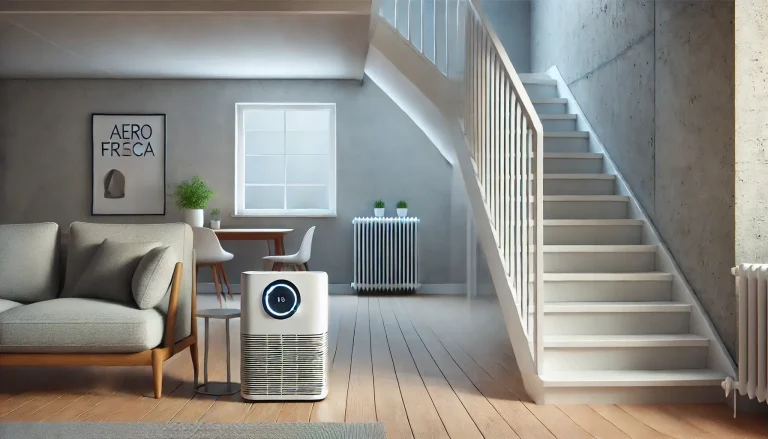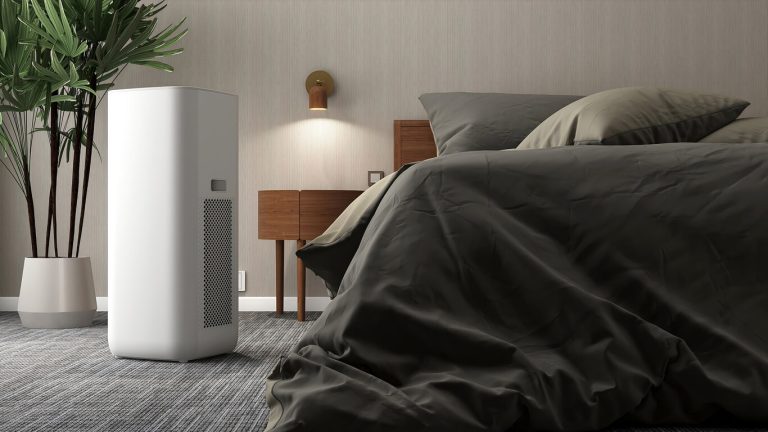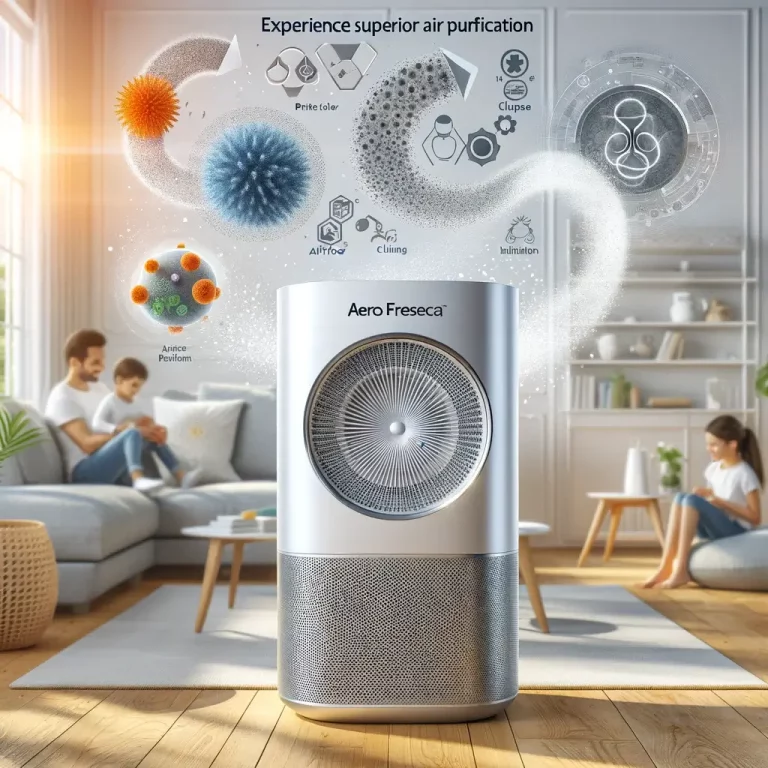How to Improve Air Quality in a Basement
Maintaining good air quality in your basement is crucial, not only for the comfort of the space but also for the overall health of your home. Basements are often prone to poor ventilation, leading to the buildup of moisture, mold, and other pollutants. In this guide, we will explore effective strategies to improve air quality in your basement, ensuring a healthier living environment.
Why Is Basement Air Quality Important?
Basements are unique spaces within a home that often suffer from poor air circulation and higher humidity levels. These conditions can lead to the accumulation of harmful substances such as mold, mildew, and volatile organic compounds (VOCs). Poor air quality in the basement can affect the entire house, as air naturally moves upward. Therefore, improving basement air quality is essential for the well-being of everyone in your home.
Identifying Common Air Quality Issues in Basements
Before we delve into solutions, it’s important to understand the common air quality issues that basements face:
- High Humidity: Basements are often damp, leading to the growth of mold and mildew.
- Mold and Mildew: These fungi thrive in dark, damp conditions and can cause respiratory problems.
- Dust and Allergens: Basements often accumulate dust, which can contain allergens and other pollutants.
- Volatile Organic Compounds (VOCs): These chemicals are released from building materials and stored items, contributing to poor air quality.
Steps to Improve Air Quality in a Basement
1. Control Humidity Levels
One of the most important steps in improving basement air quality is controlling humidity. Aim to keep the humidity level below 50% to prevent mold and mildew growth.
How to Control Humidity:
- Use a Dehumidifier: Installing a dehumidifier is an effective way to reduce humidity levels. Choose a unit that is appropriately sized for your basement.
- Improve Ventilation: Increase airflow by using fans or installing ventilation systems to move moist air out of the basement.
- Seal Cracks and Gaps: Ensure that windows, doors, and walls are properly sealed to prevent moisture from entering the basement.
2. Install an Air Purifier
Air purifiers are excellent tools for improving indoor air quality, especially in spaces like basements where allergens and pollutants can accumulate.
Choosing the Right Air Purifier:
- HEPA Filters: Opt for air purifiers with HEPA filters, which can capture small particles like dust, mold spores, and allergens.
- Activated Carbon Filters: Consider models with activated carbon filters to reduce odors and VOCs.
- UV-C Light Technology: Some air purifiers come with UV-C light technology, which can kill bacteria, viruses, and mold spores.
- Aero Fresca’s Cirqulair Technology: Learn our website why we believe our purifiers are 1000 times better then any other purifier on the market
3. Address Mold and Mildew
Mold and mildew are major contributors to poor air quality in basements. It’s crucial to address these issues promptly.
Mold and Mildew Removal:
- Identify and Remove Mold: Regularly inspect your basement for signs of mold. Use mold removal products or a mixture of vinegar and water to clean affected areas.
- Prevent Future Growth: To prevent mold from returning, ensure the basement remains dry and well-ventilated. Consider using mold-resistant paint on walls.
4. Enhance Basement Ventilation
Proper ventilation is key to maintaining good air quality in a basement. It helps in reducing moisture, removing pollutants, and bringing in fresh air.
Ventilation Options:
- Exhaust Fans: Install exhaust fans to remove stale air and moisture from the basement.
- Air Circulation Systems: Consider installing a whole-house ventilation system that includes the basement.
- Open Windows: If possible, open windows periodically to allow fresh air to enter the basement.
5. Manage Stored Items Carefully
Stored items in basements can release VOCs and accumulate dust, contributing to poor air quality.
Tips for Safe Storage:
- Use Airtight Containers: Store items in airtight containers to prevent dust accumulation and VOC release.
- Avoid Storing Chemicals: Keep chemicals and other hazardous materials out of the basement.
- Regular Cleaning: Regularly clean and declutter the basement to reduce dust and potential allergens.
6. Regular Maintenance and Monitoring
Maintaining good air quality in your basement is an ongoing process. Regular maintenance and monitoring are essential.
What to Monitor:
- Humidity Levels: Use a hygrometer to monitor humidity levels and adjust your dehumidifier as needed.
- Air Quality: Consider using an indoor air quality monitor to keep track of pollutant levels.
- Regular Cleaning: Clean the basement regularly, including vacuuming carpets and dusting surfaces.
Summary: Creating a Healthy Basement Environment
Improving air quality in your basement is a multifaceted approach that requires attention to humidity control, ventilation, and regular maintenance. By following the steps outlined above, you can significantly enhance the air quality in your basement, making it a healthier space for your family.
Are You Happy Knowing That Every Other System Only Captures 10% Of Airborne Particles?
Breathe Clean, Live Better! Upgrade to our Advanced Air Purifying System today and eliminate 100% of ultrafine particles down to 1 nanometer in one pass. Don’t compromise on your family’s and employee’s health. Act now and transform your indoor air quality!







